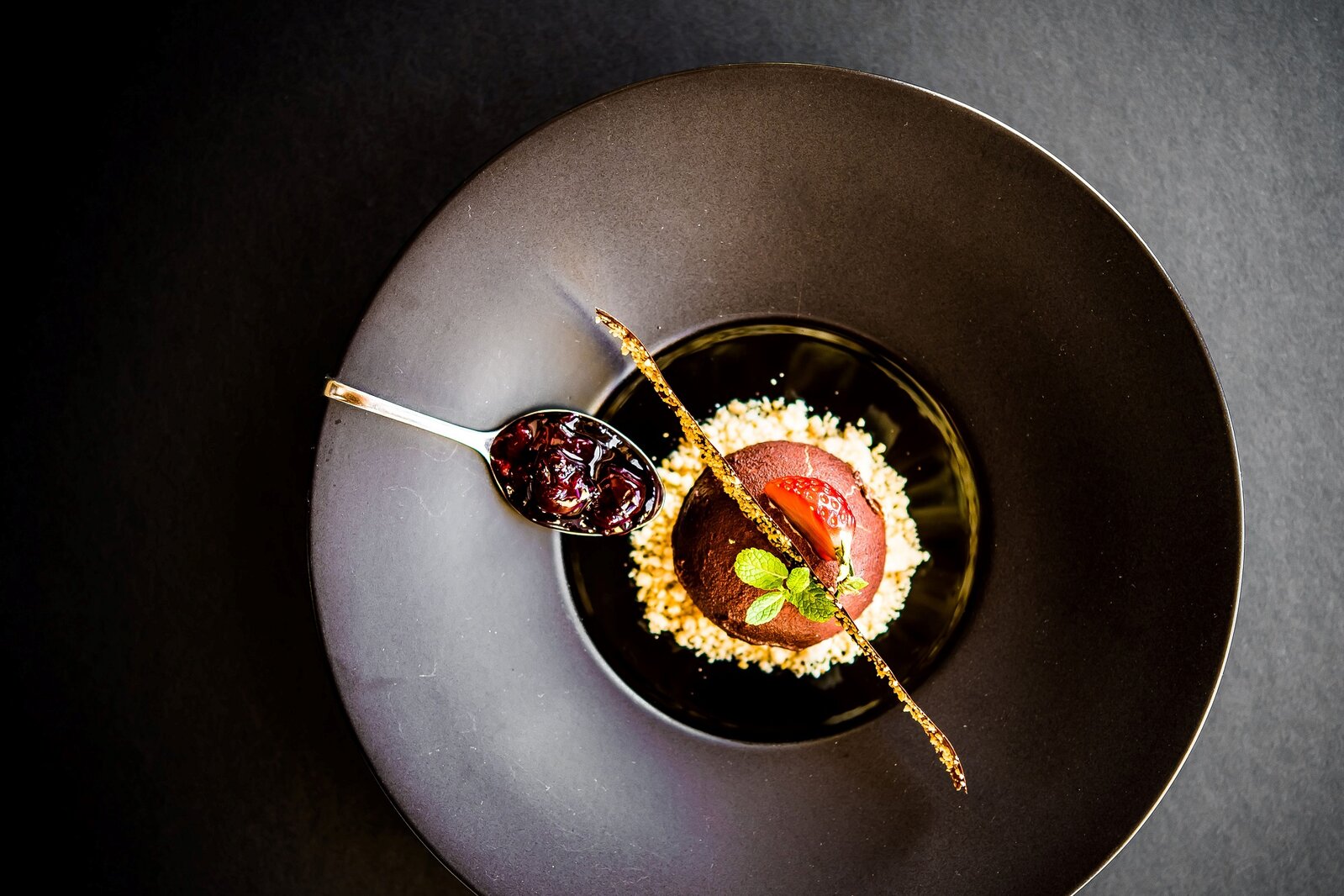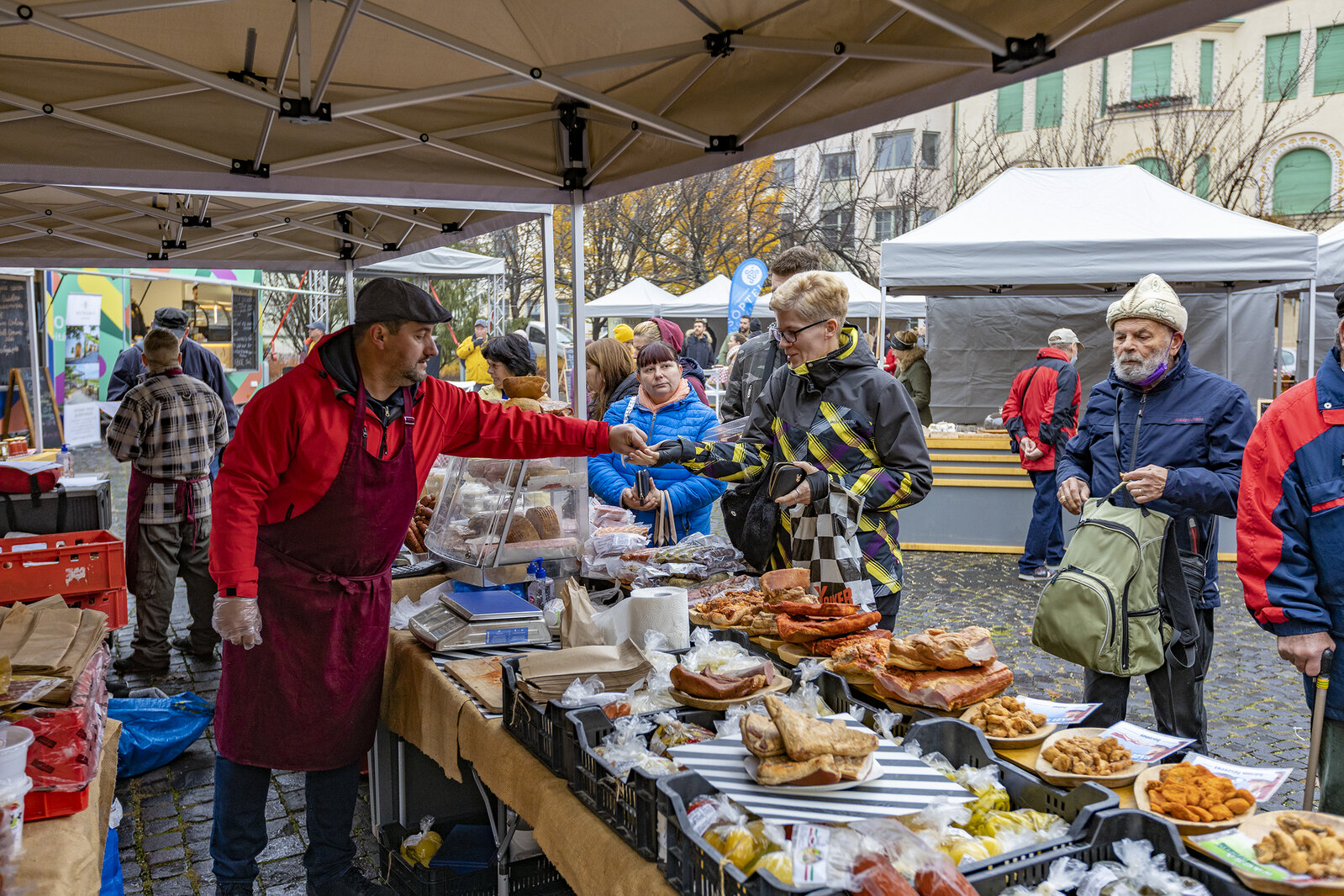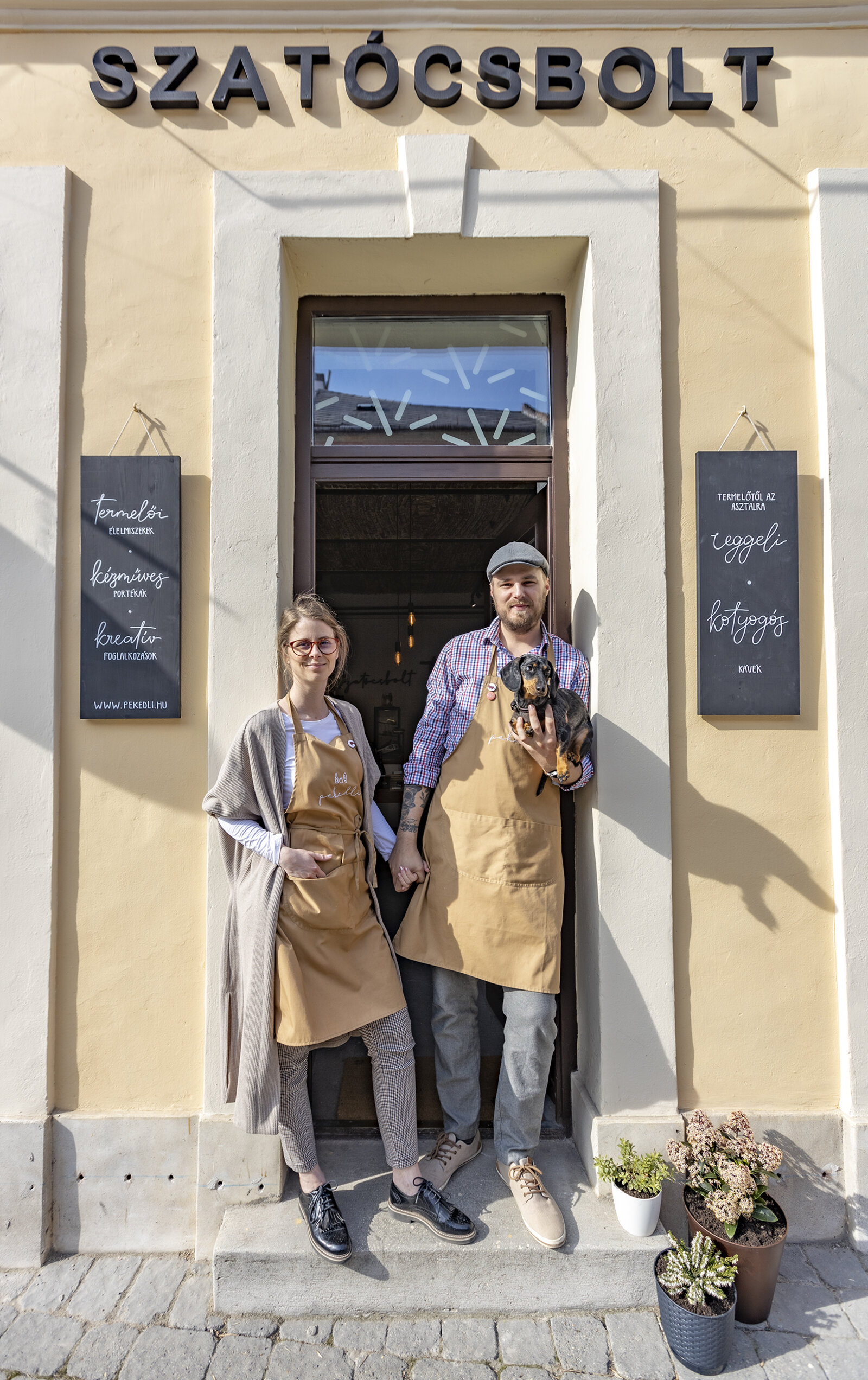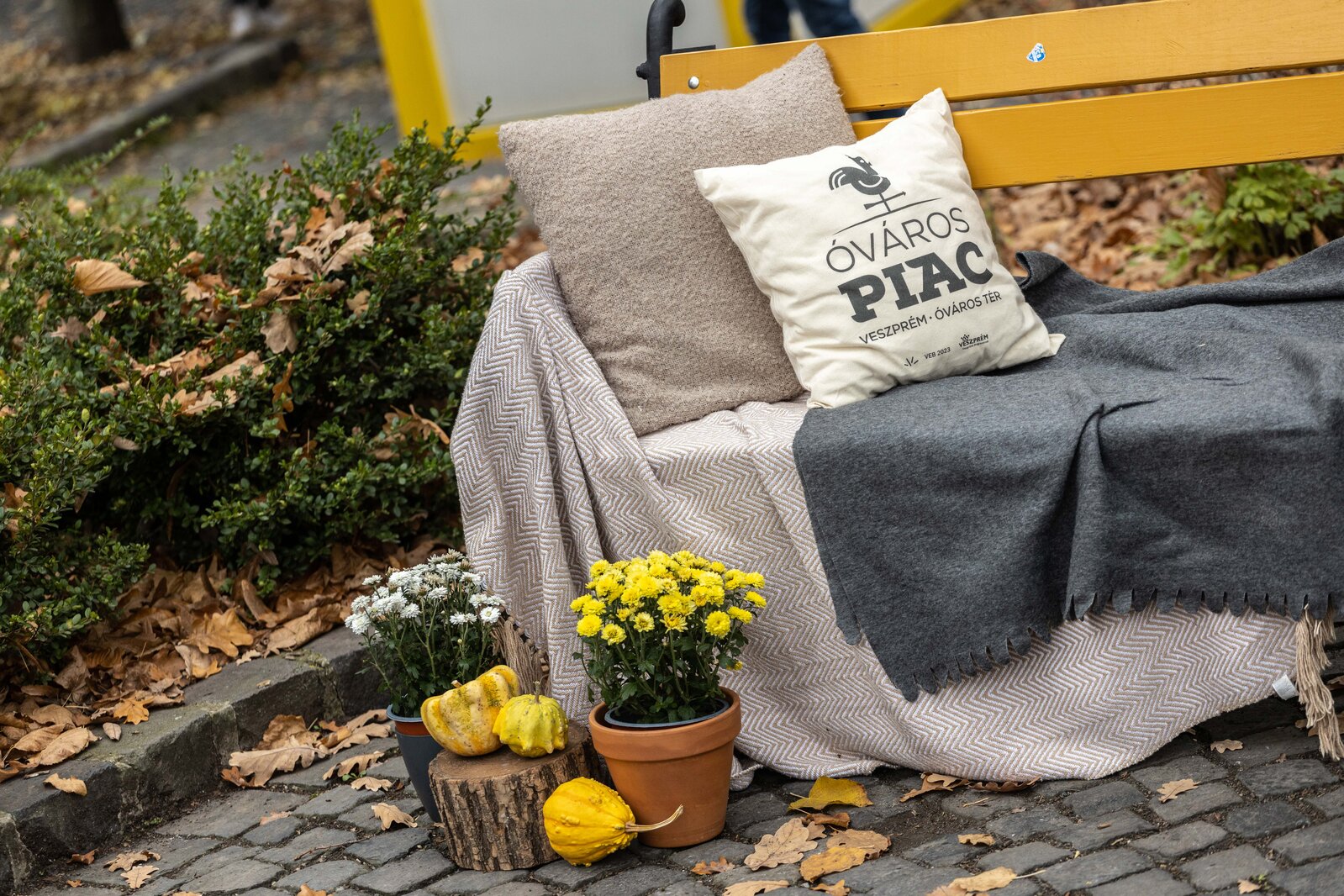Community-building Gastronomy in Veszprém and the Region
That gastronomy plays a vital role in human history needs no explanation. Suffice it to note that it has a special place in the Veszprém-Balaton 2023 European Capital of Culture programme, too. One of the strategy’s essential elements of the ECOC programme was the reopening the Old Town Market, revived in 2021. It now provides a perfect meeting point for the region’s inhabitants and attracts visitors with its quality gastronomic offer and programmes.

Péter Tungli, the Gastronomy and Wine Project Manager of VEB2023 ECOC says,
Gastronomy is part of universal human culture, just like fine arts or music. Eating is a daily basic human activity, but beyond the mere dietary intake, a more sophisticated cultural aspect has recently become particularly important worldwide. Gastronomy events and culinary festivals are becoming increasingly fashionable, so it was obvious that as a capital of culture, we need to give it high priority.
The importance of gastronomy and cultural programmes
According to Péter, not only Veszprém but the entire region has a significant gastronomy. One of the main goals is to raise the quality of services and consumption and to put the region on the gastronomy map of Europe so that more people may learn of it. He also stresses the importance of educational programmes on gastronomy.
We support VinoPels in Keszthely that focuses on hospitality-specific training so that professionals, chefs, waiters and restaurant owners around the lake learn the most essential skills. This will form the basis for long-term quality catering. We very much hope that, just as our other cultural programmes, many of the gastronomic programmes will remain viable beyond 2023.
In addition to organising the Balaton Wine & Gourmet, VEB2023 ECOC also supported the reopening of the Old Town Market.
The former market was in operation until the late 1940s. We wanted to bring this community space back to Veszprém: we envisioned a classic farmers' market where, besides food and drink offered, a DJ provides live music, and people can meet and chat. We wanted the market to serve a community function, where visitors can take quality products home from the Bakony-Balaton region. The area of the Óváros Square, surrounded by beautiful buildings, proved to be perfect for the purpose.

The market was run by the Town Hall since its relaunch last year, but this autumn, on the market's first birthday, the owners of the Pekedli General Store in the immediate vicinity, became co-organisers.
Pekedli and its owners, Nóra Kis and Péter Juhász, are an integral part of the gastronomic life of Veszprém. I think the sense of ownership the organisers have of the task is a very important factor in a market like this. We think that Nóri and Peti will be able to put their heart and soul into it, and we are confident that with their help, the goals we had in mind at the beginning will be achieved. The market will be a lively community space full of joy and quality products.

New role and tasks
From the very beginning, Nóri and Peti were involved in planning the market. As co-organisers, they have taken organising and running the market upon themselves, adding a range of activities to their remit. One of their main objectives is to bring in new producers. Their own experience with running their store and customer feedback are proving very useful in this respect.
We were delighted when they asked us to do this job. We see it as a fitting task because we can use the contacts and knowledge we have gained with Pekedli. We hope to contribute to the success of the markets with our youthful impetus. We can work very well with the previous organisers, the Programme Office, and we try to support each other in all our efforts.
– says Nóri.

Overcoming the difficulties
One of the most significant uncertainties in running the open-air market is the unpredictability of the weather, which can create complications for exhibitors and buyers alike. Nóri and Peti want to make the Old Town Market a more regular event, but this can only be done if there is an alternative venue to use in case of inclement weather. Discussions are already underway, and on 11 December, the Market Hall next to the bus station made its debut as a 'Plan B' venue, with a quarterly flea market complementing the Old Town Square Market.
Change in itself always carries a certain risk. We were aware of this in the case of the Market Hall. Fortunately, many people visited the hall. We hope that in the future it will become part of the public consciousness and "hard-core market-goers" will be happy to come out to buy delicious locally-grown produce even in bad weather.
As co-organisers, they are trying to fill the market with as much quality produce and handicrafts as possible. As Péter Tungli says, they want to make the Old Town Market a classic market and a place where people can spend quality time. Food trucks showcase different restaurants each time, and with the bi-weekly Sunday markets, they will try to structure the programmes around a theme or a holiday.
